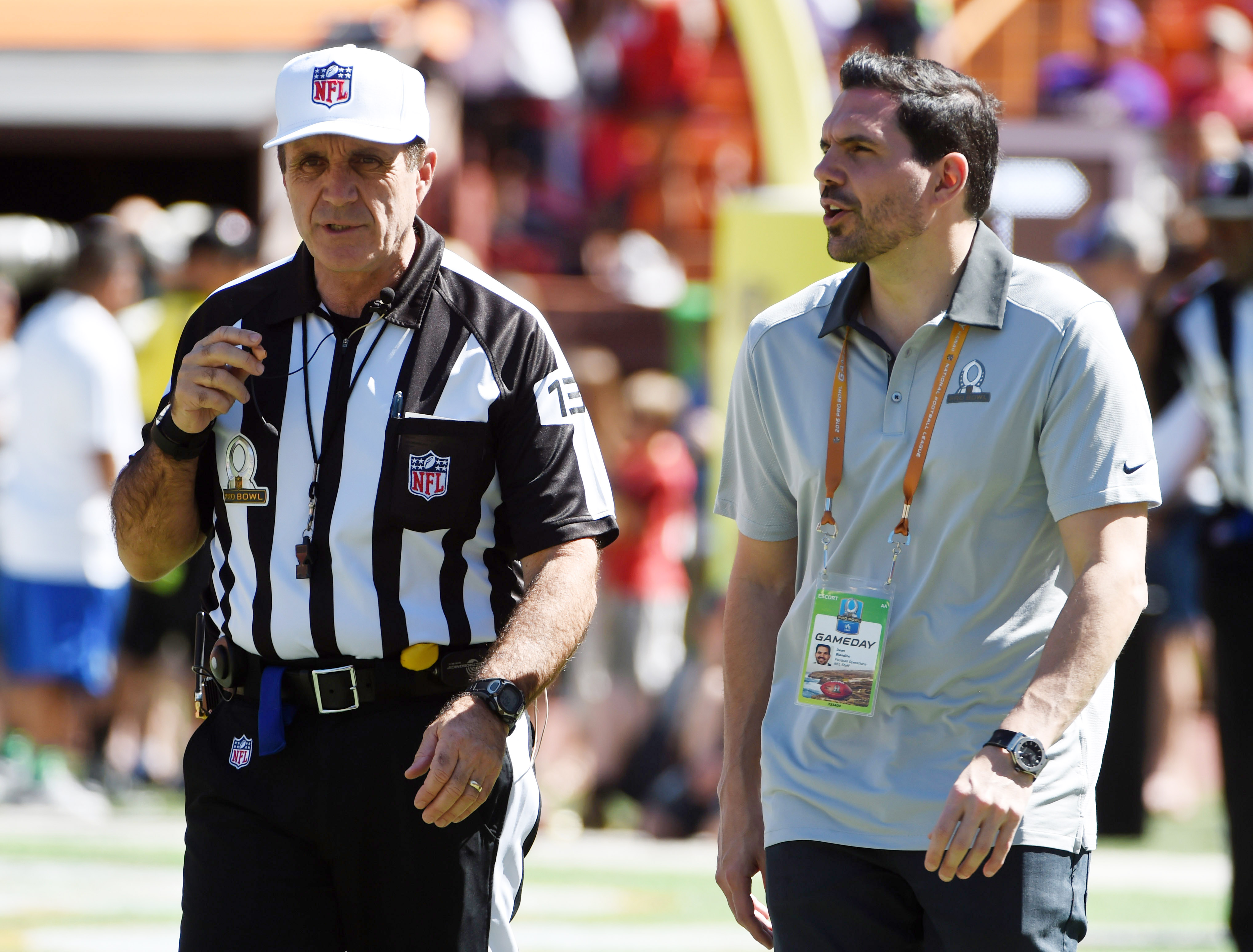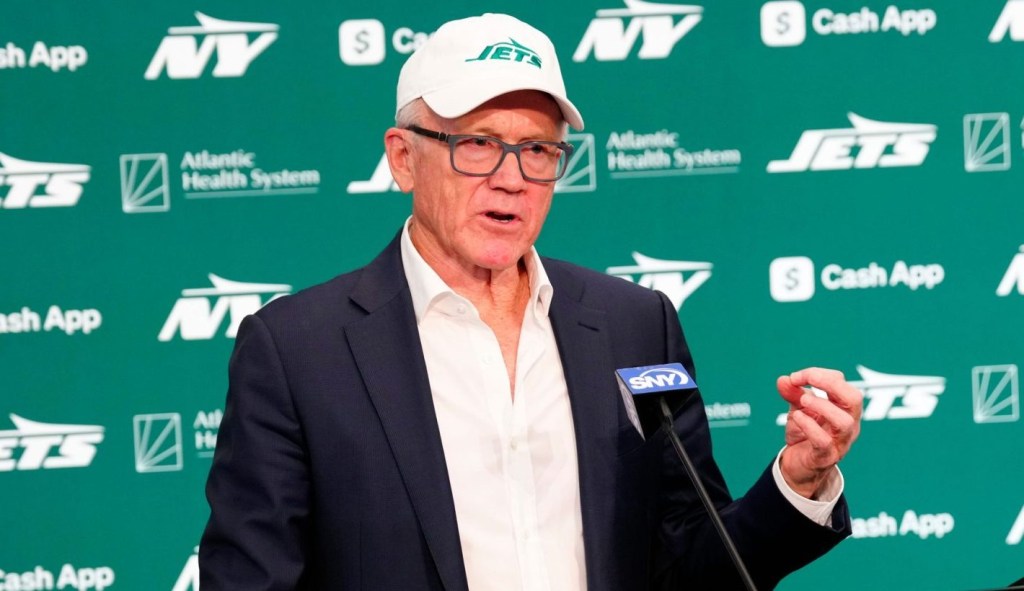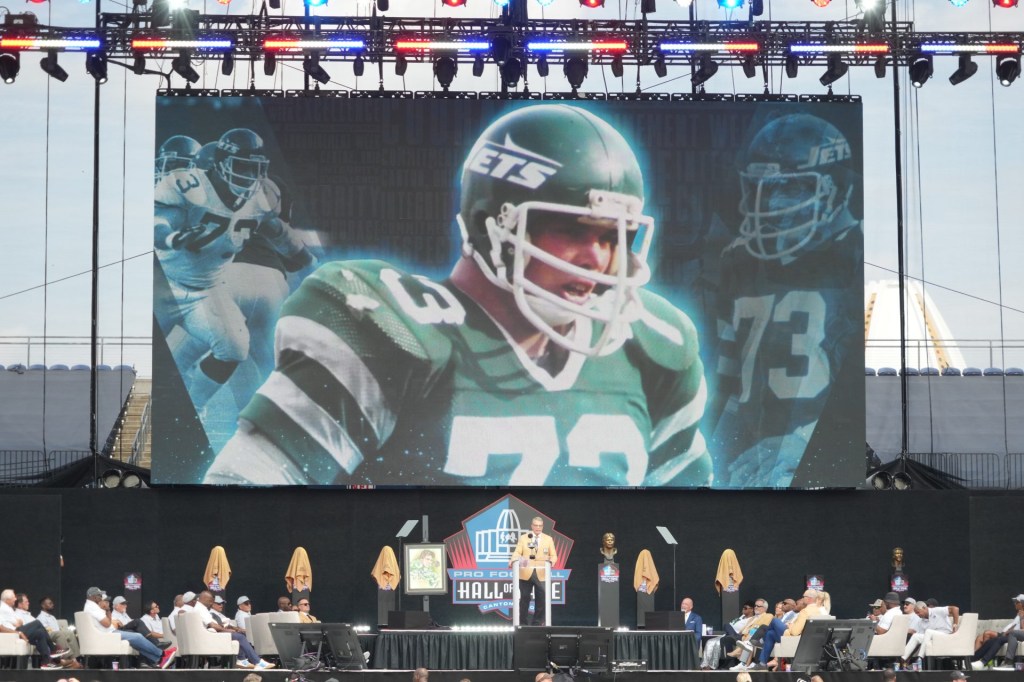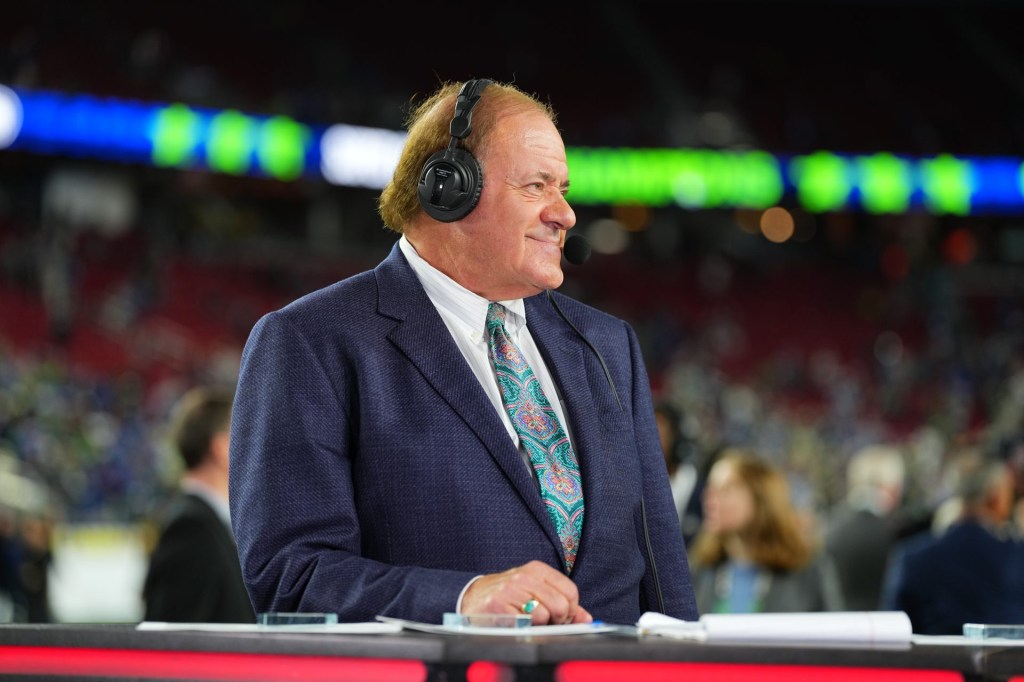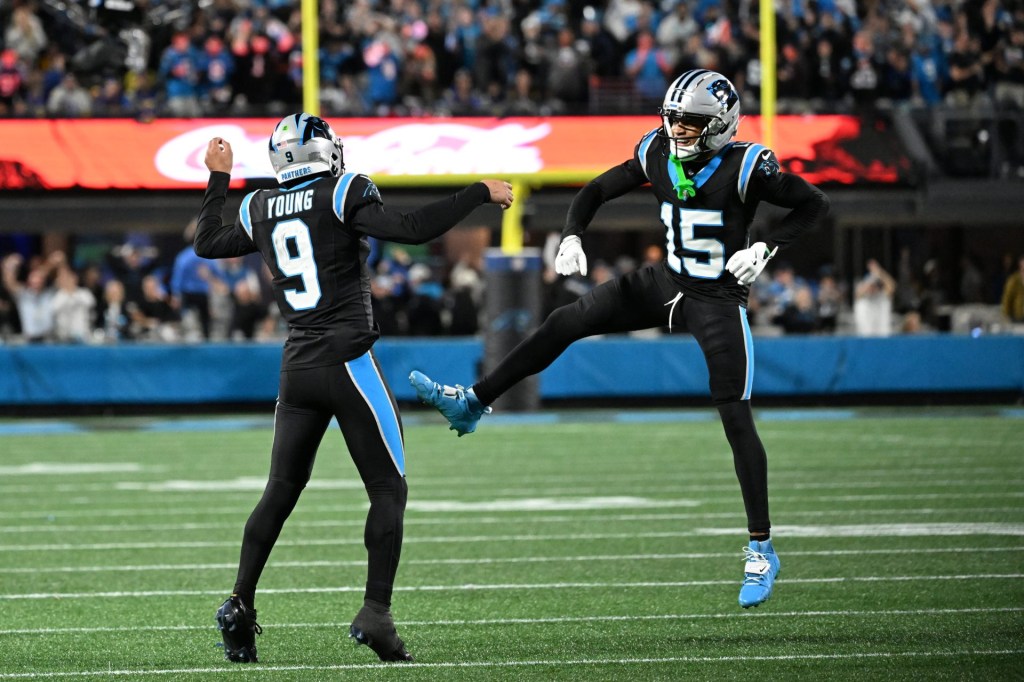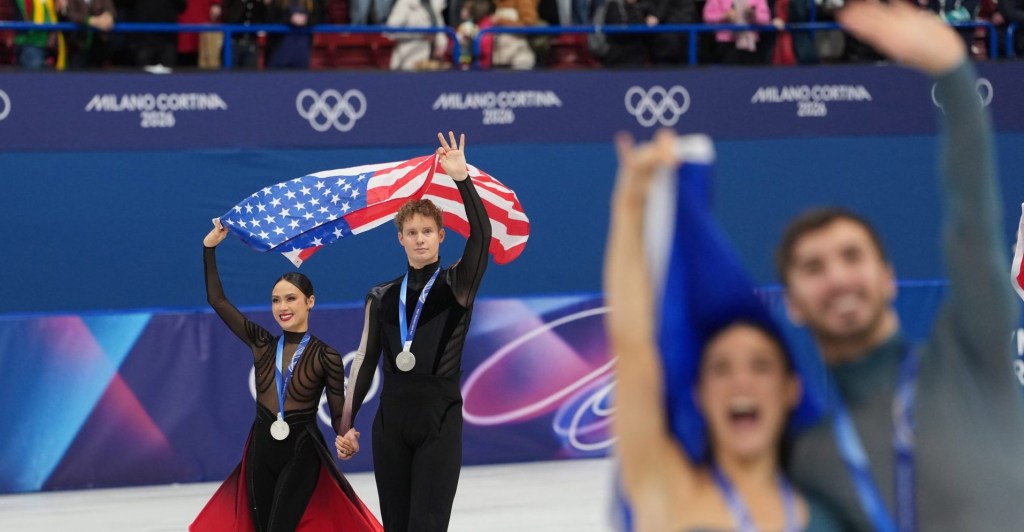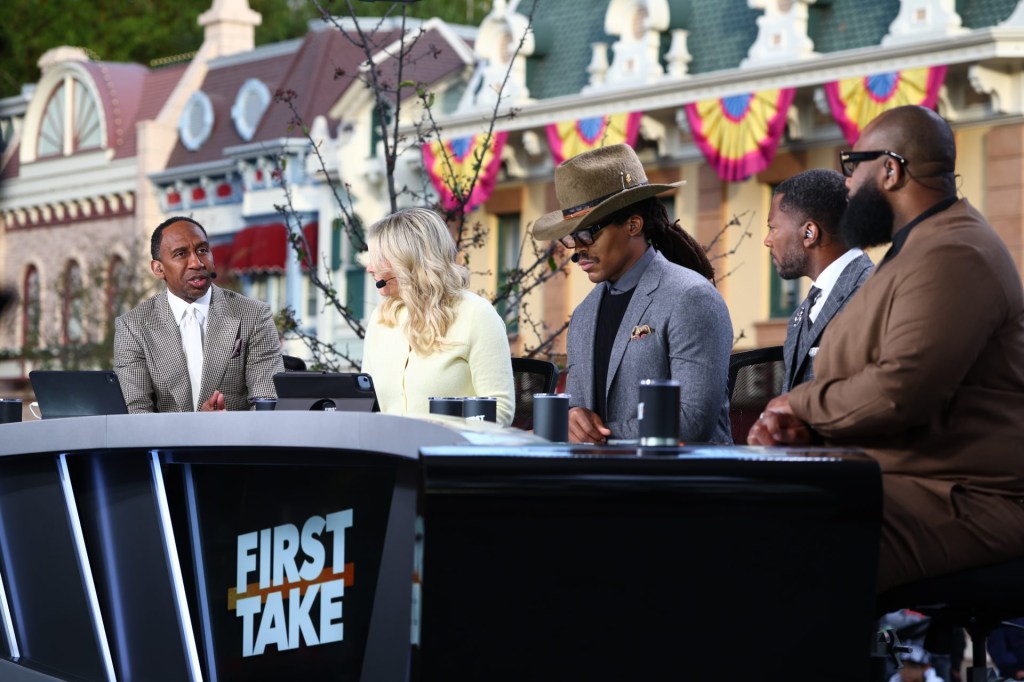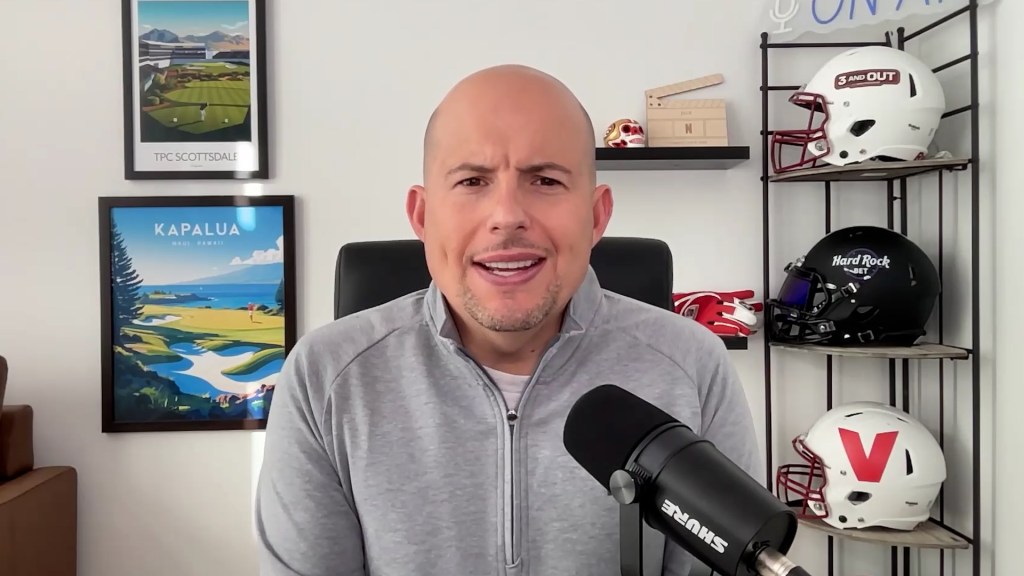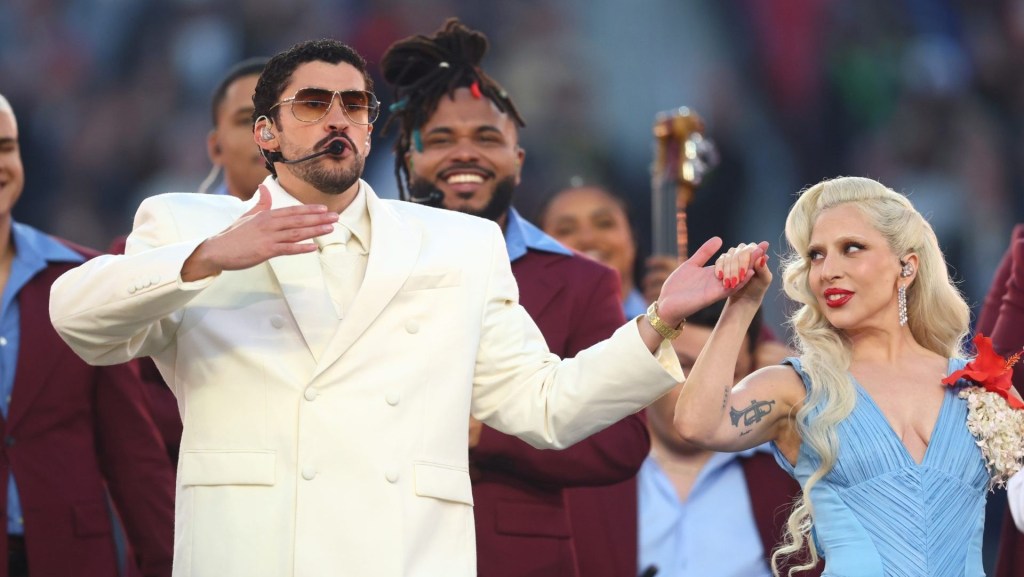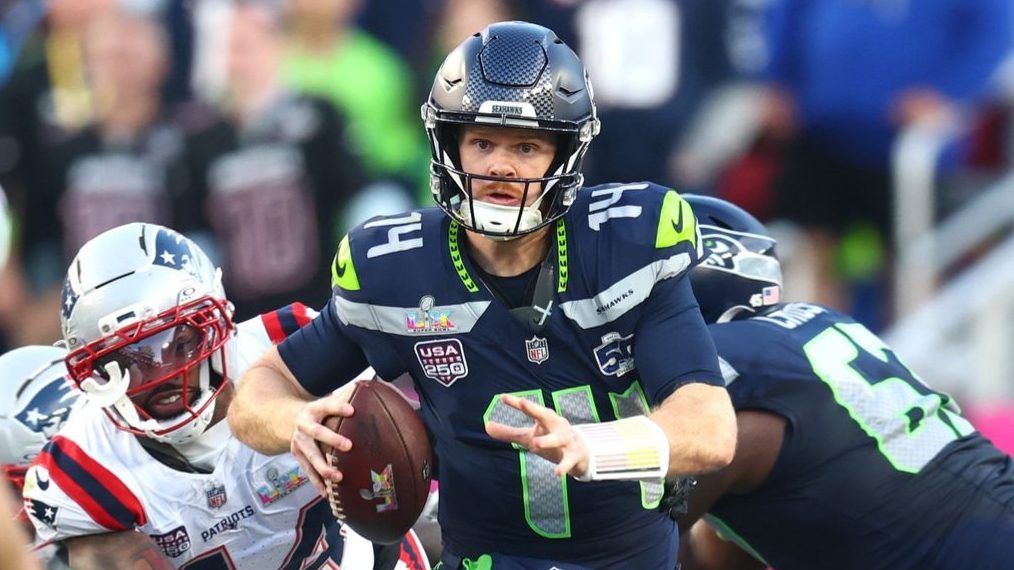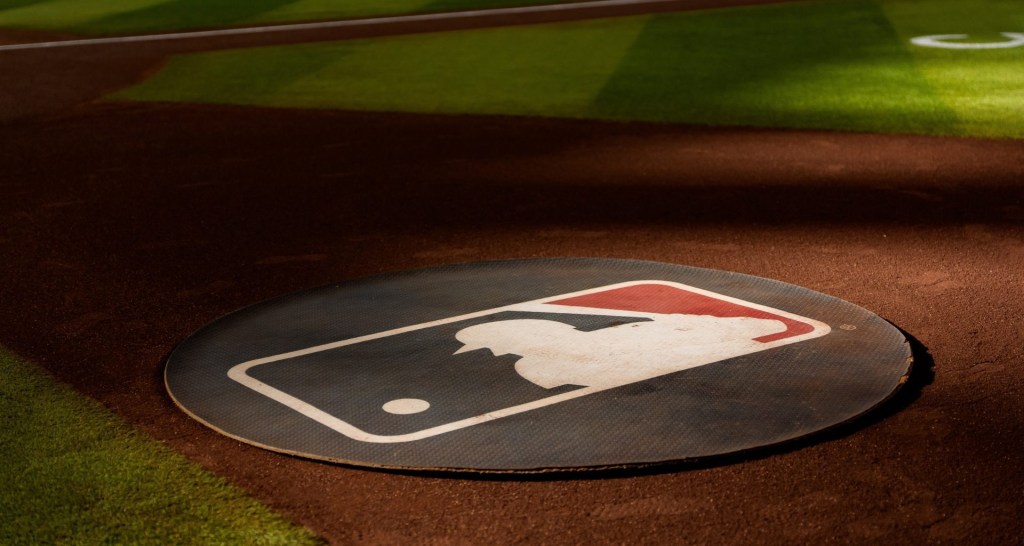Dean Blandino has parlayed his career in NFL officiating into off-the-field success as a television personality, columnist and entrepreneur.
The NFL’s former Senior Vice President of Officiating initially joined the league’s officiating department as an intern. During his 20-year plus career, he worked two Super Bowls and two conference championships as an Instant Replay official.
Eventually, Blandino was promoted to Director of Officiating behind the league’s Mike Pereira from 2007-2009 and 2012-2013. He then followed Pereira to Fox in 2017. The duo have blazed a TV career path for other ex-officials turned rules analysts at ESPN and CBS.
Blandino’s also an entrepreneur. Back in 2009, he formed Under the Hood: a consultancy providing instant replay training to officials in the NFL and college football.
Last year, he joined the board of directors of Whistle, which Blandino describes as an “Uber” for game officials at the grassroots levels.
Once they install the app, referees, umpires and other game officials can see what games need trained officials in their area. They can sign up directly with the event organizer or assigner. They can also handle payments, evaluations and background checks through the centralized app.
But the multimedia Blandino’s one of the lucky few officials that have found long-term success. His work with Whistle has reinforced what he believes is one of the most under-reported stories in sports: the critical shortage of trained game officials at the youth and high school levels.
Across the country, there’s been cancellations and postponements of games, tournaments and meets because there’s not enough officials to officiate, said Blandino, who’s also a columnist for The Athletic.
Take Iowa, for example. According to Blandino, there was a 12% decline in the number of registered officials from 2007-2017 across the seven high school sports requiring officials for post-season events (football, baseball, basketball, soccer, swimming, wrestling and track & field).
The state’s sports official base is aging too: 70% of Iowa’s swimming officials, and 86% of track & field are 50 years old or over.
Even in high school football-crazy Texas the tradition of “Friday Night Lights,” has become Thursday Night Lights or no lights at all in some small towns, according to Arizona State University’s Global Sports Matters. Again, the problem is a lack of refs.
Beyond the classic “Kill the Umpires” joke, the shortage of officials is no laughing matter, said Blandino.
The issue won’t impact pro or Division I college sports – today. But if the pipeline of trained youth and high school officials breaks down, it could reach critical mass in the future, warns Blandino, who’s entering his third season as a college football and NFL rules analyst for Fox.
“Within the officiating community, this is definitely a major concern,” said Blandino.
READ MORE: Potential Changes Coming To FS1’s Undisputed With Producer Promotion and Sharpe Contract
So what’s the biggest problem? Crazy parents.
Serving as a referee or an umpire at the youth level can be a no-win job. Some parents are abusive, even violent. The harassment can continue after the game is over.
Some parents video-tape “wrong” calls and post them to YouTube and other social media channels in an effort to “shame” referees.
Youth coaches can be bullies. Some kids copy the look-at-me flexing antics of their adult sports heroes on TV.
About 57% of respondents in a survey by the National Association of Sports Officials (NASO) said “sportsmanship” is getting worse. 27% saw no change. Only 16% thought sportsmanship was improving.
The poorest behavior came from, you guessed it, parents at the “youth competitive” level (36%), according to the survey of 14,000 sports officials nationwide. It was deemed best at the pro (4%) and college (2%) sports levels.
The NASO doesn’t track violence against officials. But founder Barry Mano told The Chicago Tribune he believes that number is rising. A youth football team in Albuquerque was banned from the league last year after a parent body-slammed a ref in front of the 13-year old players. Another ref was attacked by parents over a foul call at a girls basketball game in Savannah, Georgia.
Parents are the worst problem. But it’s not the only one. The pay for entry-level or part-time officials is lousy. The hours are long. Many young officials who suffer abuse from spectators, or coaches, turn in their whistles and never come back, warned Blandino.
“At the youth level, the parents are worse when it comes to behavior than coaches,” he said. “Most of the officials don’t really report any issues with the kids, the players. It’s really the adults — and that’s the unfortunate part.”
READ MORE: Tale Of Two Networks: Why ESPN Can’t Talk Donald Trump — But Fox Talent Can
Still, the industry itself is partly to blame. Poor recruiting and retention efforts only exacerbate the shortage. Only 5% of respondents in the NASO survey got started after seeing some sort of advertisement. And 74% said the industry needs more membership programs to recruit newcomers from underrepresented groups.
Warned Blandino: “We’re seeing fewer people get involved. The people who do get involved are not having a good experience. So we don’t retain them.”
